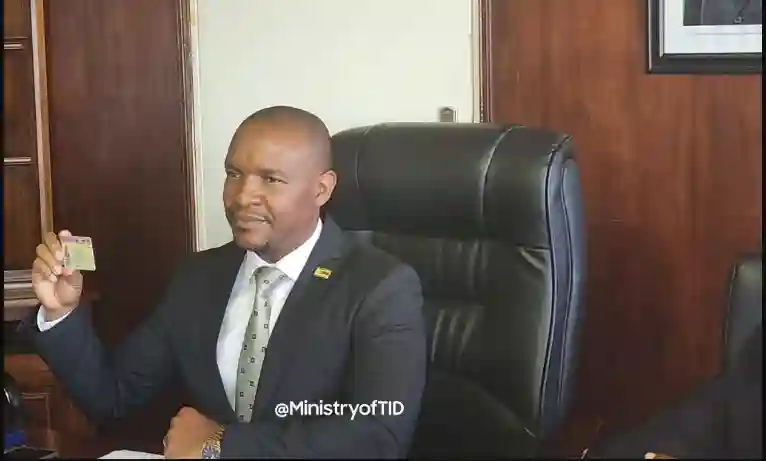The Ministry of Transport and Infrastructural Development has advised members of the public to ignore a job advert message purportedly originating from the Vehicle Inspectorate Department (VID).
The message, which has been circulating on social media platforms, is inviting people who are trained as teachers or are university degree holders to contact a number provided and pay money via InnBucks to secure employment at VID.
The Ministry of Transport has dismissed the message as fake and warned the public to be wary of being scammed. The Ministry said:
Ministry of Transport and Infrastructural Development wishes to notify the public of a fake recruitment message circulating on social media purporting to offer employment at the Vehicle Inspectorate Department (VID).
Kindly note that the Public Service Commission is mandated to recruit human capital on behalf of the Government of Zimbabwe and no individuals have been authorised to do the same.
We, therefore, urge the public to ignore such claims and call our toll-free numbers 08013121-3 for verification before any financial losses, which we won’t be liable for.
According to Reader’s Digest, here is how to identify scammers:
Online scammers often claim to be contacting you on behalf of businesses, brands or organizations you know and trust.
If a company or government agency unexpectedly call you on the phone, that’s a tip-off that a scammer may be on the other end of the line.
Beware of anyone who attempts to rush or push you into making a decision without first giving you time to verify and thoughtfully consider their requests.
Scan any emails, messages or online chats you receive for misspellings, grammatical errors, strange subject lines or other discrepancies.
Criminals build fake profiles on dating apps to lure you in with the promise of love, sometimes resorting to love bombing—and then try to coerce you into giving gifts or cash.
On social networks and fake online retailers that are created specifically to appear to be the real thing, it’s not uncommon to find goods at steep discounts. Trust your instincts, and know that if a price is too good to be true, it’s likely a scam.
A promise of easy money – No legitimate financial investment opportunity is sure to ever pay off 100% of the time—and cannot legally be advertised as “guaranteed” income—so be very leery of anyone promising such.
Requests an unusual payment option – It’s not uncommon for romance scammers or someone who’s hacked a friend’s social media account to request that you send money using peer-to-peer payment systems (PayPal, Venmo, Cash App, etc.), gift cards, Western Union, wire transfers or cryptocurrency tokens.
More: Pindula News

